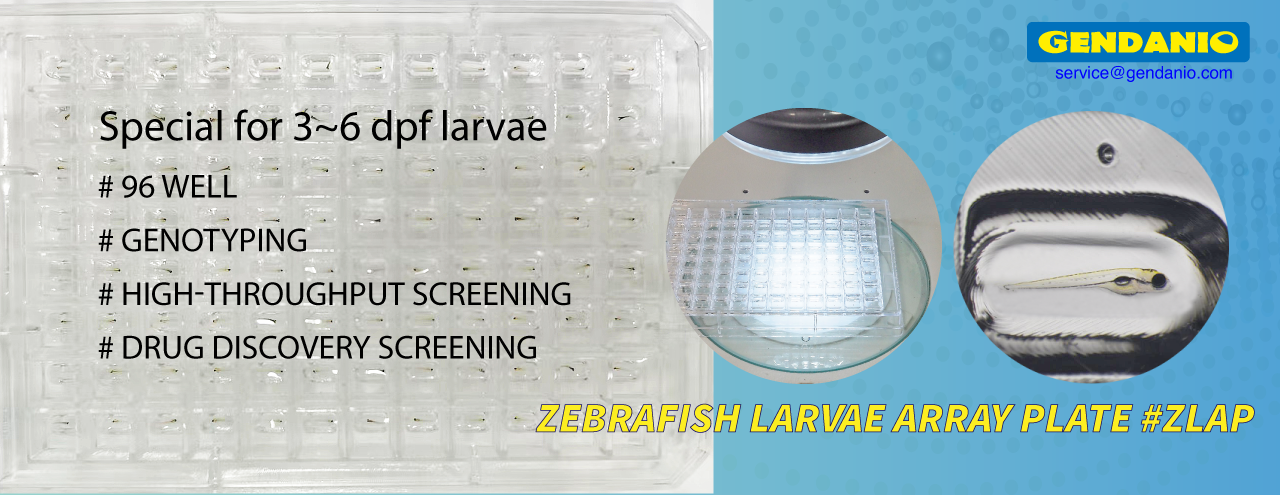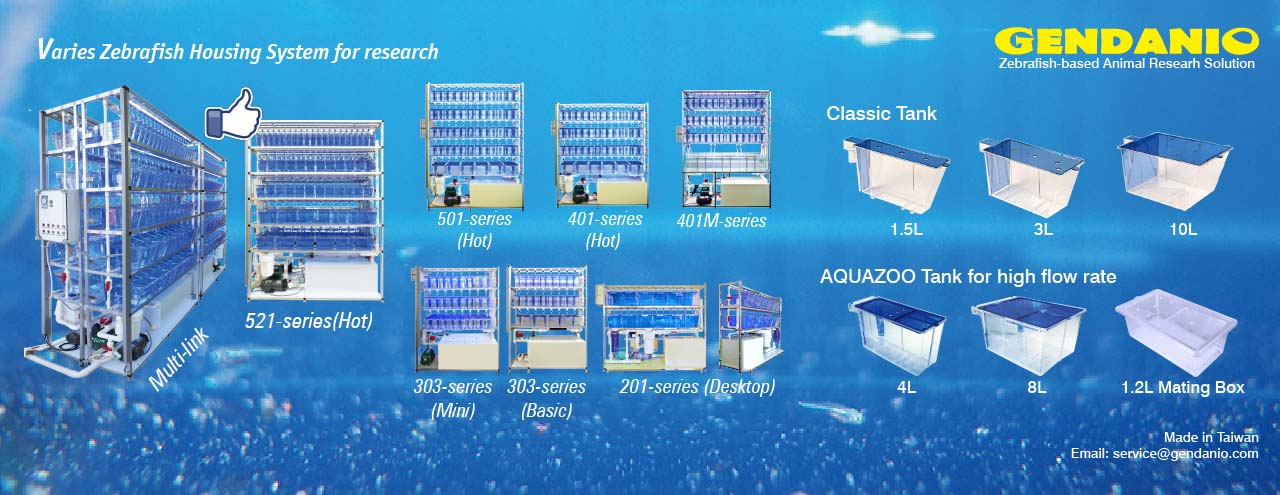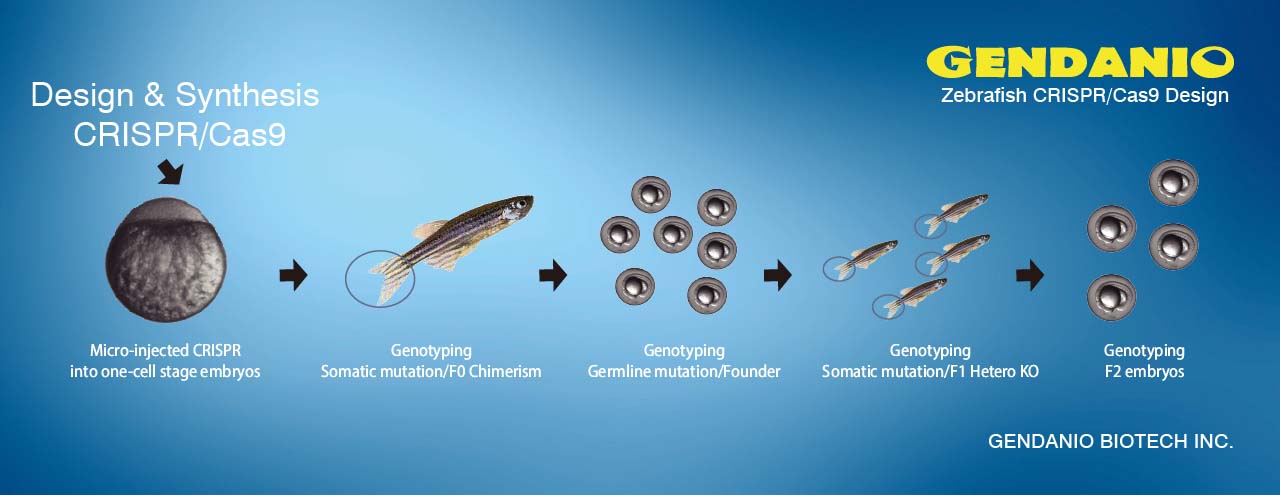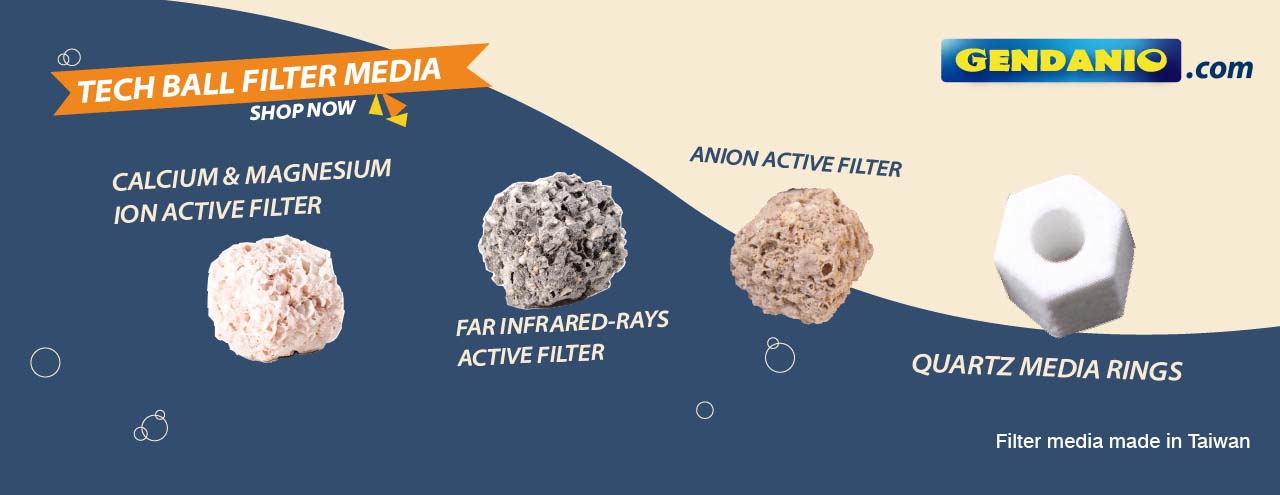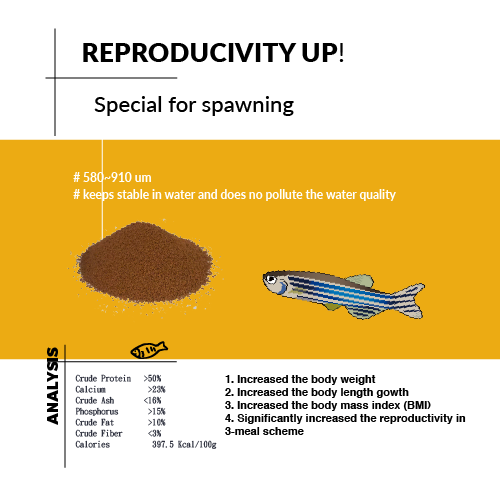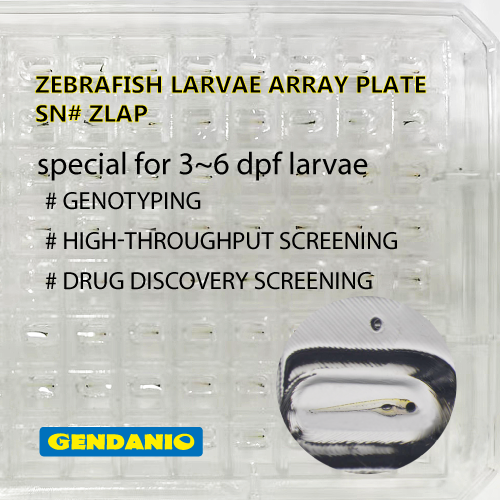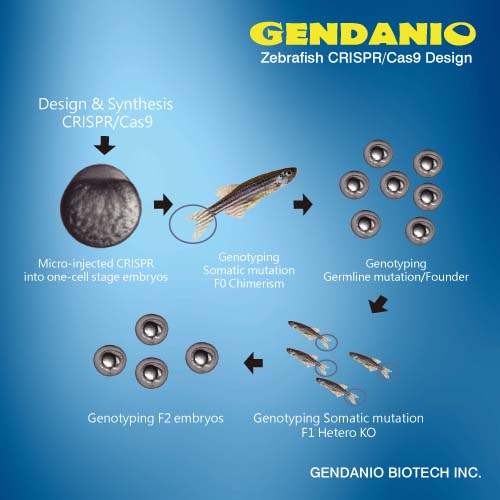Genetically engineered zebrafish could provide a quick way to test new drugs to prevent dangerous plaque buildup in the heart.
Emily Singer 11/23/2011
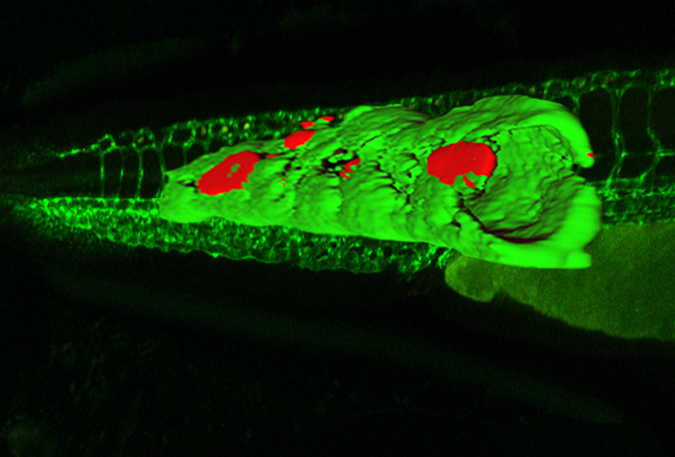
As you gorge on creamy potatoes and buttery pie this Thanksgiving, the effect on your arteries probably isn't top of mind. But for these newly engineered zebrafish, created by researchers at the University of California, San Diego, the effect of cholesterol is impossible to ignore. Researchers can directly observe the accumulation of LDL, or bad, cholesterol in the transparent fish.
During artherosclerosis, high levels of LDL cholesterol leads to plaque buildup in the arteries. If the plaque ruptures, it can trigger a blood clot, heart attack, or stroke. The transparent fish allow researchers to study the process more closely and test the effects of different drugs much more quickly than they can with other animals used to study heart disease.
They found that treating fish fed a high cholesterol diet with an antioxidant drug reversed the buildup of bad cholesterol just as well as putting the animals on a low-cholesterol diet.
"We saw the results in just 10 days working with the zebrafish model. A similar experiment in mice took six months to complete," said first author Longhou Fang, in a press release from the university.The research will be published in the December 1 issue of the Journal of Clinical Investigation.
To create the fish, researchers inserted a gene for an antibody that binds to certain forms of LDL cholesterol. The genetic insert also carries the gene for green fluorescent protein, making the antibody glow.
Source: technologyreview


